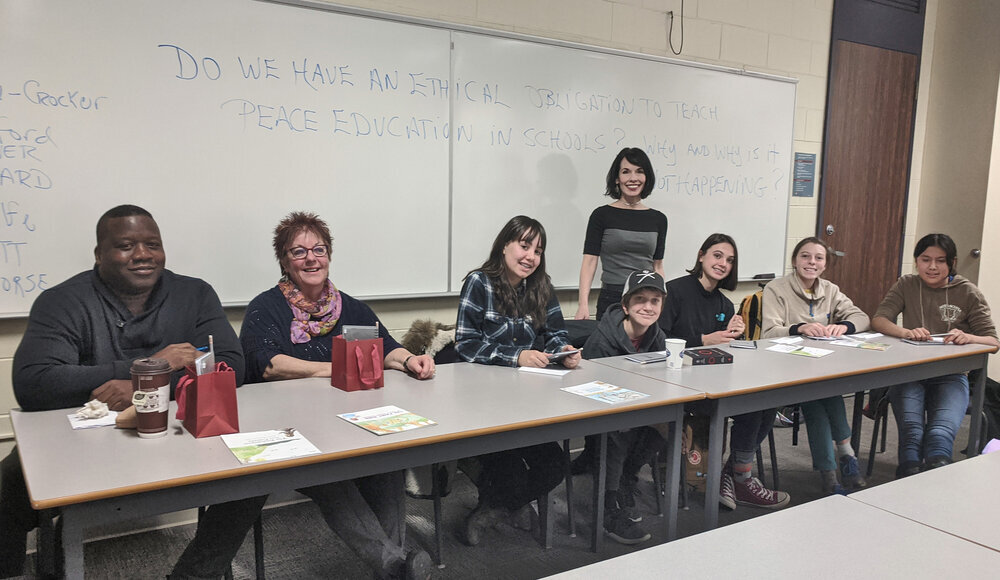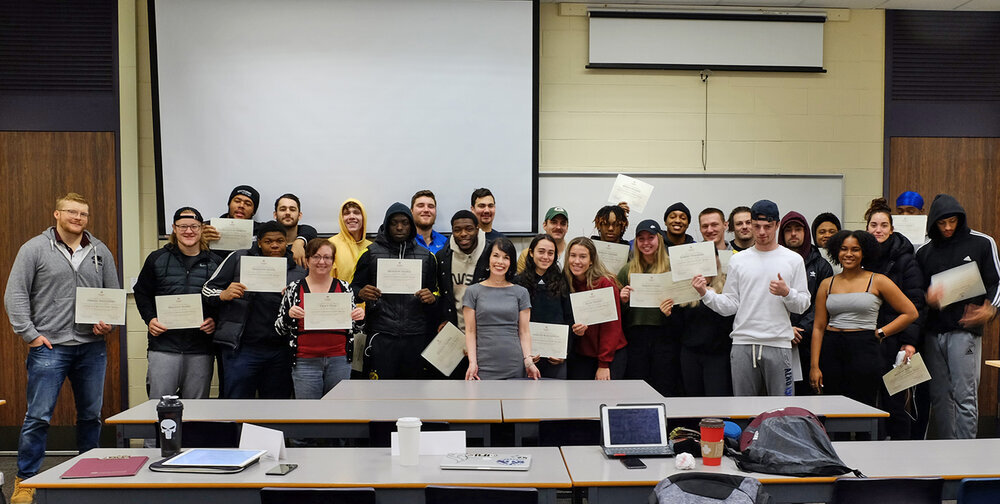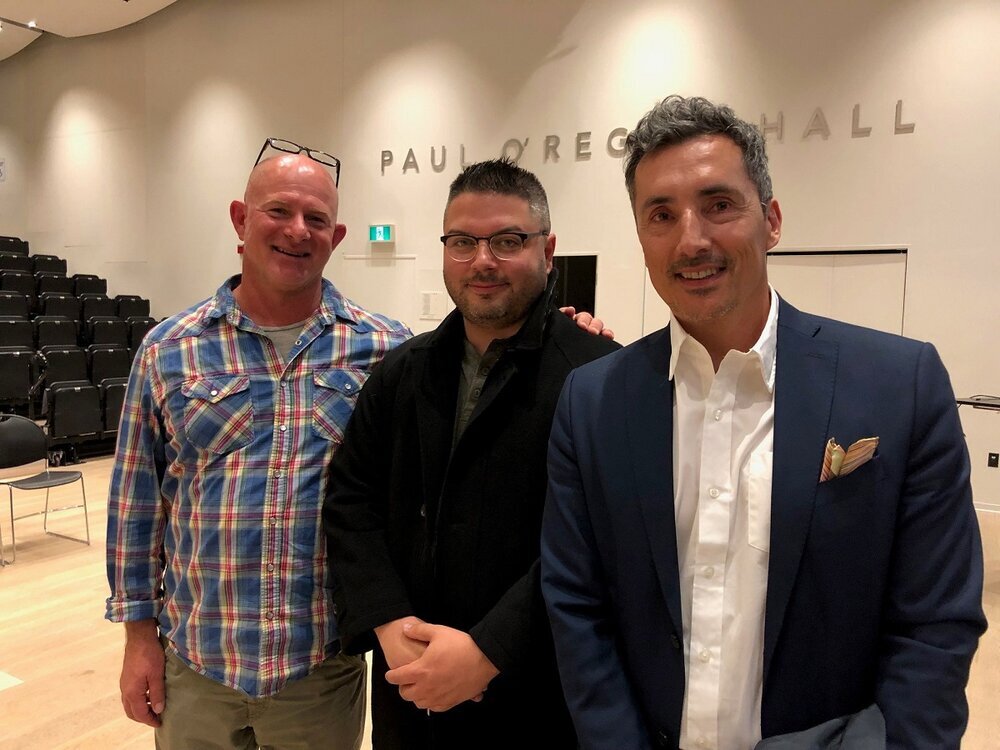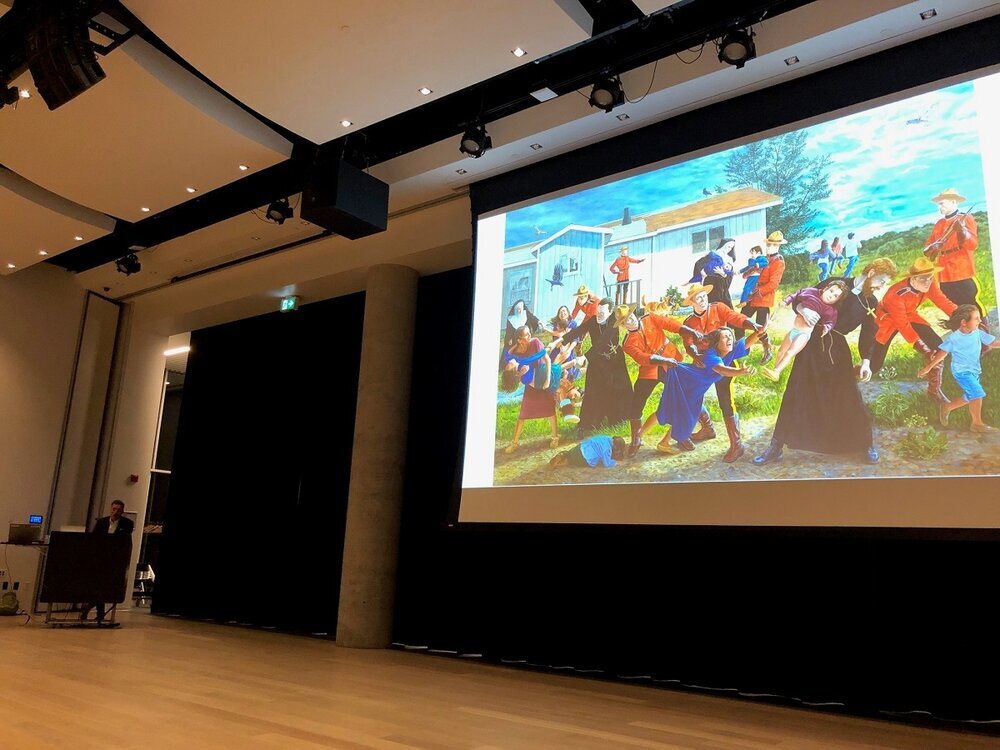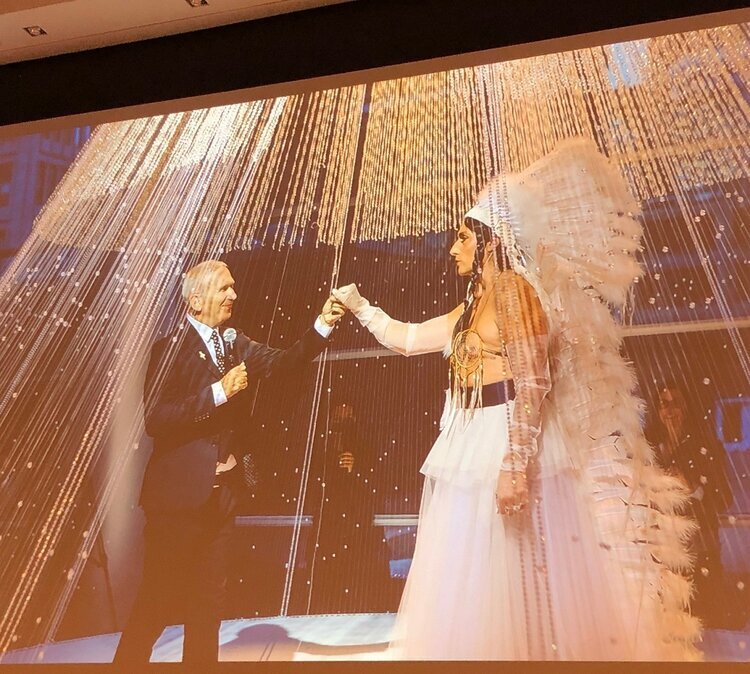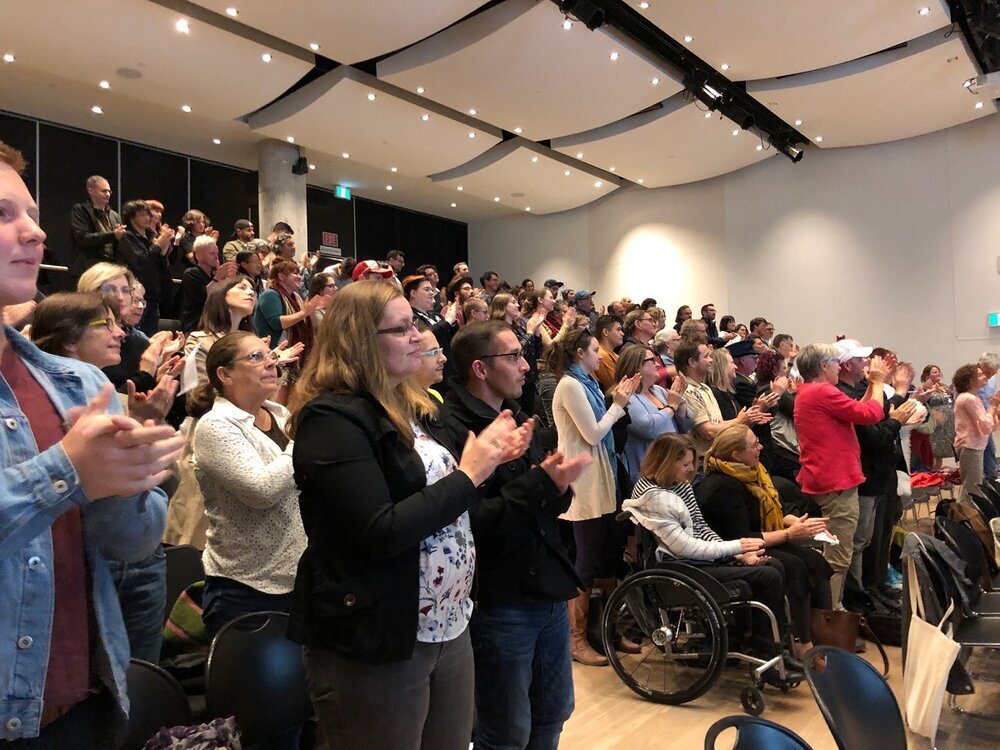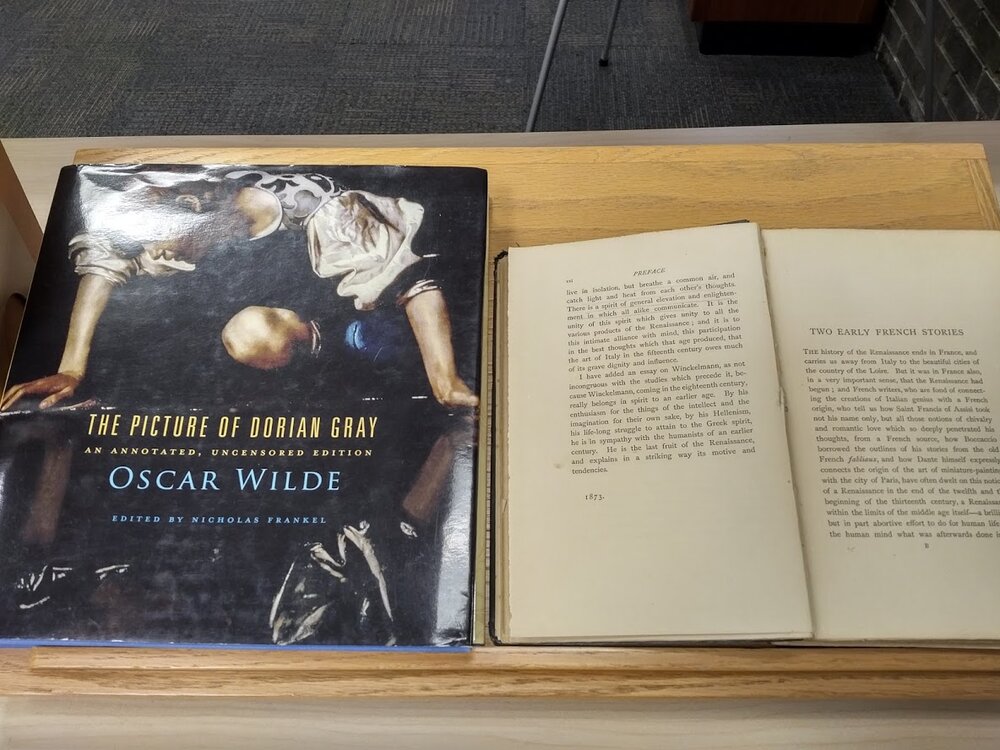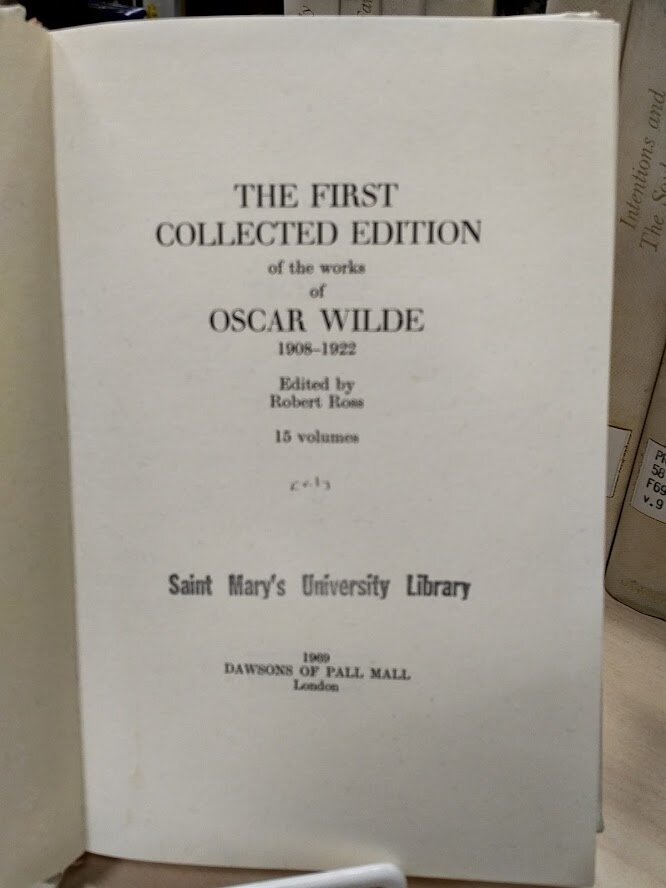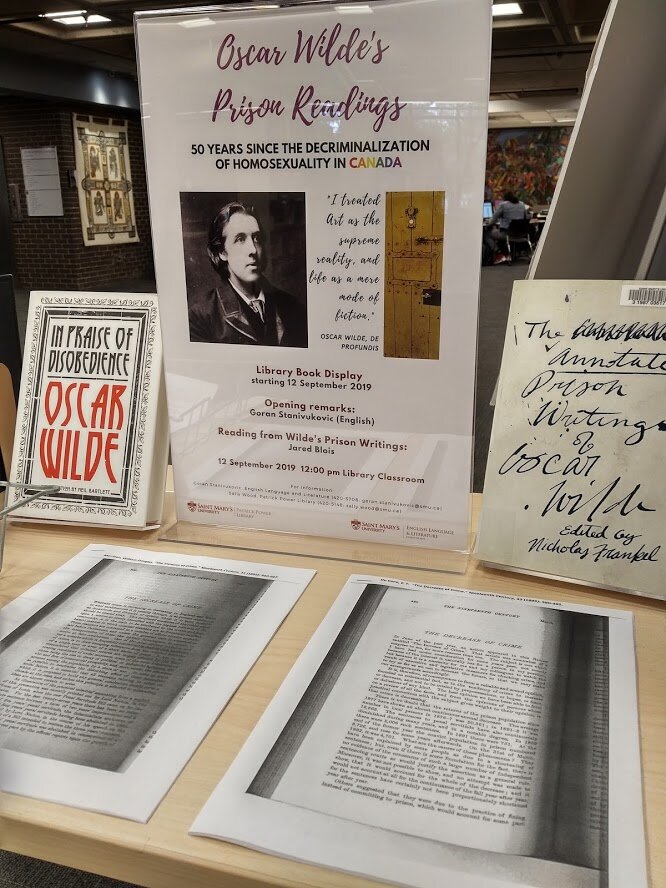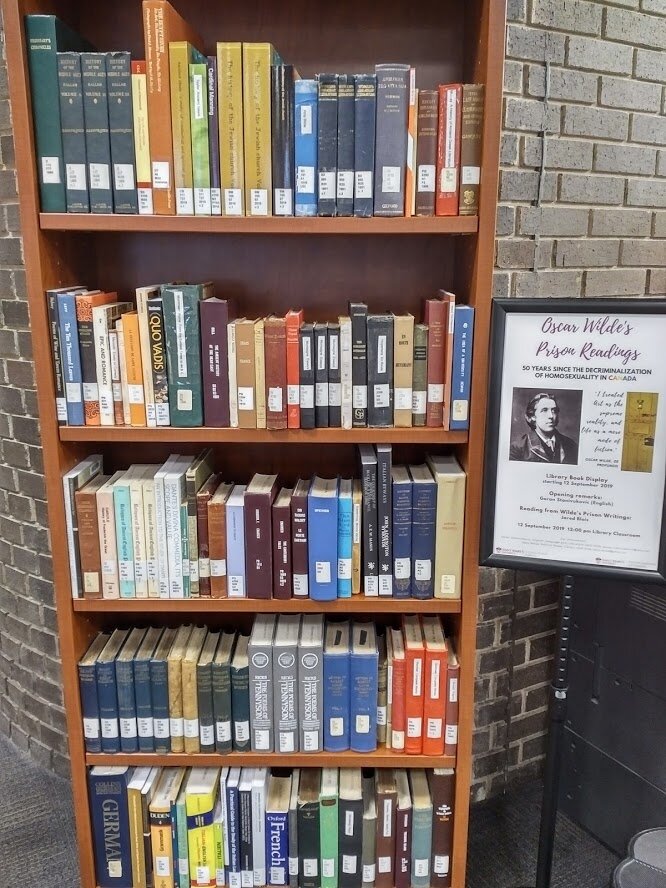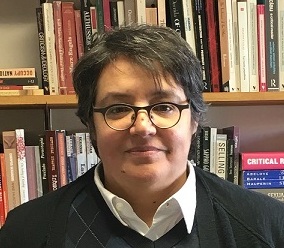This article by Amy Brierley, journalism student at the University of King’s College, was originally written for and published on The Signal. Re-published with permission. Follow Amy on Twitter: @amybrierley
With his community beside him, Trayvone Clayton pushes for peace
Trayvone Clayton is being recognized for his work to create a thriving, more vibrant community — but he says he isn’t doing it alone.
On Tuesday morning, Clayton stepped onto the stage at Halifax’s Pier 21 to accept one of three 2019 YMCA of Greater Halifax/Dartmouth Peace Medals.
“I had to go to school in a suit and everyone was putting me on their Snapchat and social media,” Clayton says, laughing, recounting his friends’ enthusiastic reactions to his win in an interview this week.
When Clayton, 21, first found out he won the award, he was in shock. “I was thankful, but I didn’t really know what to say,” he says. “But I can’t take full credit.”
He says friends Kate Macdonald, DeRico Symonds, Shevy Price, dad Marcus James, and many others in his community have been there with him all the way.
“I have a lot of support behind my back and it’s a great feeling to have that.”
For 31 years, the YMCA has honoured people who have made exceptional contributions to peace building in their communities with the YMCA Peace Medal.
Clayton joined other award winners across the country on Monday in being recognized for their work in, “building and rebuilding conditions of fairness, inclusion, empathy, security, and respect for diversity,” according to the YMCA’s website.
Clayton — a third-year criminology student at Saint Mary’s University, athlete, youth mentor and community organizer — says he’s been there for his community for as long as he can remember.
It was earlier this year, while attending the National Black Canadians Summit in Ottawa, though, that he began to see and speak out about how his experience of discrimination in Halifax reflects larger, systemic racism in Canada.
Through supporting youth in his community to follow their dreams and changing the systems that take those dreams from them, Clayton is making waves in Halifax and beyond.
“My community, Uniacke Square, has always been discriminated against, judged, there’s always been barriers in front of us,” says Clayton.
“I want the kids coming up to be able to do what they feel they can do and have faith in their vision and be able to see that they can be a lawyer, they can be a doctor, they can be a judge, they can be whatever they want to be.”
Amanda Rose, development co-ordinator at YMCA of Greater Halifax/Dartmouth and Clayton’s nominator, says she has seen first-hand the impact Clayton’s advocacy has had on Halifax.
“He is a very strong advocate and role model for African Nova Scotian youth in Halifax, and youth in general,” she says. “He’s very passionate about supporting young leaders in our communities and he does that by being a young leader himself.”
THE POWER OF MENTORSHIP
Last year, one of Clayton’s beloved mentors, the late Wade Smith, received the YMCA Peace Medal. Clayton says this made winning the award that much more special.
“He was a mentor, he was a leader, a true community leader,” says Clayton.
He texted Smith’s wife soon after his win. “I just said thank you for everything, this is clearly all happening for a reason and she said, ‘trust me Tray, he’s up there smiling with all teeth right now.’”
This support is what gives Clayton hope — hope that’s sometimes hard to muster with the loss he has experienced through anti-black violence committed against his friends, family and black communities. And it’s the kind of support he wants to offer other young people.
“It’s definitely a long road ahead, change doesn’t come with a blink of an eye or in one day,” says Clayton.
At a recent community conversation about street checks, Clayton says he stood up to share what was heavy on his chest.
He says he asked the panelists to recognize that black communities have been calling attention to racism in policing for years. Now, he says, government and police must be the ones to reach out to remedy the injustice and mistrust caused by anti-black racism.
Clayton says speaking up in moments that can seem incredibly difficult is crucial to building peaceful communities.
“When kids see me doing the things I’m doing, they’re like ‘oh OK, well I can do it,’” he said. “We have to break down these barriers and break down these walls.”
AMY BRIERLEY
Amy is a journalism student at the University of King's College. She calls Antigonish N.S.--and more recently, Halifax-- home. She cares a lot about communities and the things that make them fair, just and thriving for everyone.




